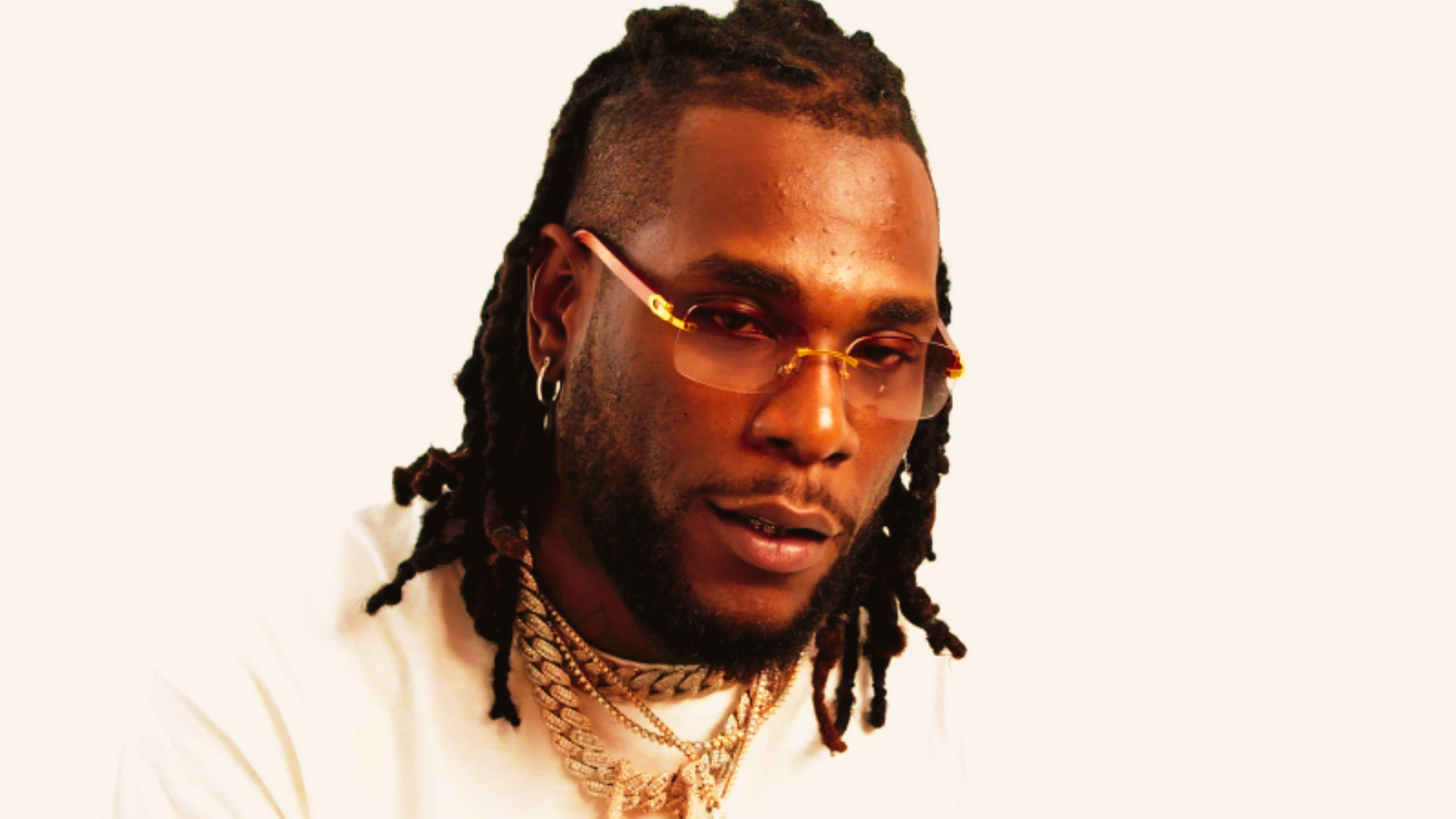
Burna boy Nigerian street music
Woo! Isn’t Nigerian music just taking over the world right now?! From massive stadiums to viral dance challenges, the energy is infectious! At the forefront of this global wave stands a true icon, an artist who embodies the power and potential of African music: Burna Boy. But while he’s selling out arenas and winning Grammys, there’s a vital connection to the raw, authentic soundscape that helped shape him – the powerful current of Burna boy Nigerian street music.
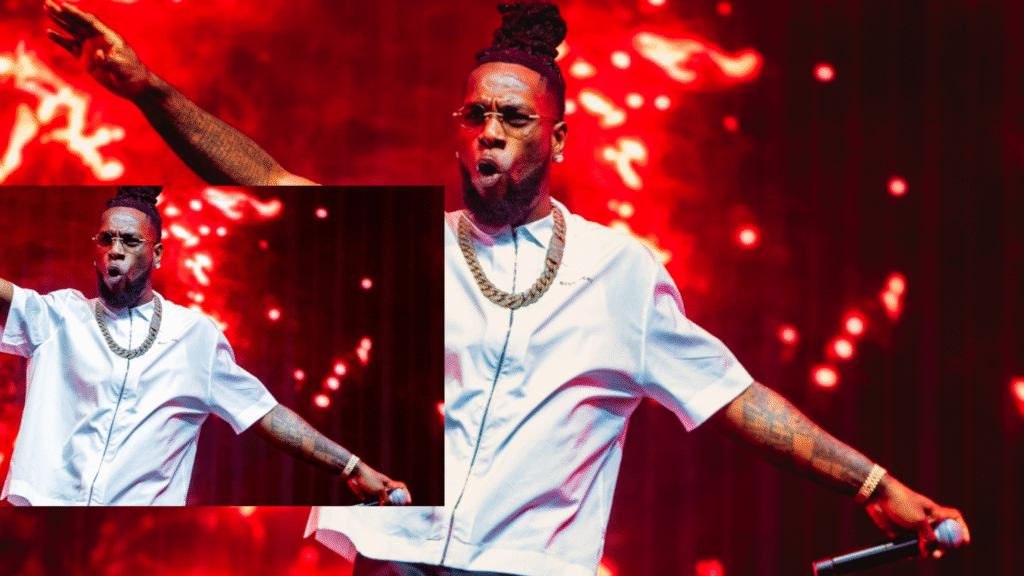
Afrobeats, the broad term for popular music from West Africa and the diaspora, is massive. But dig a little deeper, below the glossy surface of mainstream pop, and you find the vibrant, resilient sound of the streets. This isn’t just popular music; it’s a distinct genre, born from the inner cities and carrying the stories, struggles, and triumphs of everyday life. It’s gritty, it’s cheeky, and it’s undeniably real. And while Burna Boy has evolved into a global “Afro-fusion” superstar , the essence of Burna boy Nigerian street music – its narrative power, its connection to Nigerian realities, its raw energy – runs deep in his work.
What Exactly is Nigerian Street Music (Street-Hop)?
Before we deep-dive into Burna Boy’s connection, let’s get a handle on this incredible genre itself. Street music, or street-hop, is an essential subgenre within the Nigerian music landscape. It emerged from the inner city and has a sonic identity that’s quite different from Nigerian pop music that’s heavily influenced by Western sounds.
Key Characteristics of Street Music:
- Origins: It traces roots back to styles like Konto, a hybrid blend of Dancehall and Indigenous Nigerian music (like Highlife, Ogele, and Local groove music) that originated in areas like Ajegunle in Lagos State. Lagos, as the continent’s de facto entertainment capital, is a major hub for this scene.
- Sound: It blends rudimentary elements of Afrobeats, drawing from pop and rap.
- Lyrics: The lyrics are often gritty and cheeky, frequently documenting Nigerian street life and experiences.
- Difference from Mainstream: It’s distinguished from mainstream Nigerian pop music.
Think of artists who emerged or are prominent in this space – acts like Asake, who blends amapiano influences with street-pop sensibilities, or artists documenting their life experiences from the hood, like Henry Sk with his track “Dis Boy” potentially aiming for the top street songs. Street music is truly “the sound of the moment,” as Zinoleesky calmly puts it. “That’s what everyone wants to listen to, we’ve really come a long way”.
Burna Boy: The Afro-Fusion King with Street-Deep Roots
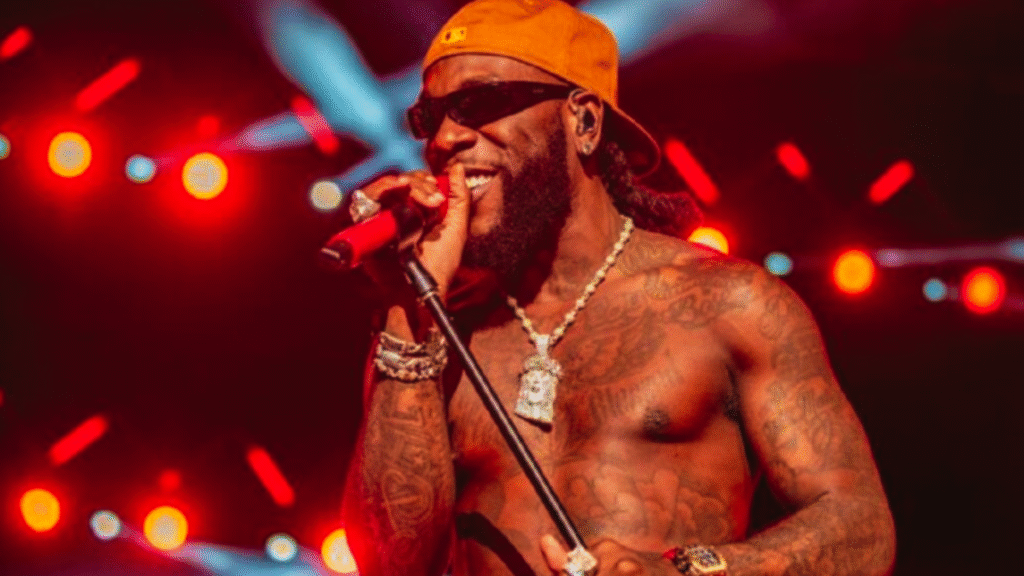
Now, let’s talk about the African Giant himself, Damini Ebunoluwa Ogulu, known professionally as Burna Boy. He’s a singer, songwriter, and record producer. His music is primarily a mixture of Afrobeats, hip hop, reggae, and R&B . He calls his style “Afro-fusion,” combining Afrobeat, dancehall, hip-hop, pop, R&B, and reggae .
While “Afro-fusion” is a broader term than “street music,” Burna Boy’s connection runs deeper than just genre classification. His music is described as “savvy and modern but undistracted by obvious crossover moves” . This suggests an authenticity, a rootedness, that resonates with the street music ethos.
How Burna Boy Connects to the Street Narrative:
- Lyrical Content and Language: Burna Boy is praised for the lyrical content of his songs, which stands out in an Afrobeats landscape often focused on danceability over penmanship. He sings in a blend of English, Yoruba, and Nigerian Pidgin. Using local languages and Pidgin connects directly to the everyday language spoken on the streets of Nigeria. His lyrics often delve into real-life issues.
- Documenting Nigerian Realities: A key aspect of street music is documenting Nigerian street life. Burna Boy frequently uses his platform and music to speak truth to power and shine a light on issues affecting people in Nigeria and around the world. His album African Giant probes Nigeria’s turbulent history and breaks down narratives surrounding it. Songs like “Another Story” condemn the negative impact of colonial rule, “Collateral Damage” criticises Nigerian inaction, and “Wetin Man Go Do” laments the suffering of the masses . This commitment to reflecting and commenting on Nigerian life is a powerful link to the core themes of Burna boy Nigerian street music.
- Influence of Older Genres: Street music has roots in Indigenous Nigerian music. Burna Boy’s music is inspired by artists like Fela Kuti. Fela Kuti is a pioneer of Afrobeat (note the ‘a’), a genre different from Afrobeats (the modern pop umbrella term). However, Fela’s political and social commentary, along with his deep connection to Nigerian culture and his instrumental-solo driven sound, are mirrored in Burna Boy’s approach, creating a lineage that resonates with the authenticity valued in street music. Burna Boy even sampled Fela’s 1972 song “Shakara” on his track “My Money, My Baby”.
- Early Collaborations: On his debut album L.I.F.E (2013), Burna Boy featured Olamide. Olamide is described in the sources as a legendary Nigerian street-pop artist. This early collaboration directly ties Burna Boy to a prominent figure within the street music scene, showcasing a connection that existed from early in his career.
- Geographical Connection: Burna Boy is associated with Lagos, which is a major hub for street music. His experiences and observations in Lagos undoubtedly feed into the narratives he tells in his music.
While Burna Boy’s sound has broadened to incorporate global influences, his willingness to speak about Nigerian realities, use local vernacular, draw on culturally significant influences like Fela Kuti, and his early connection with street-pop artists demonstrate a clear relationship with the spirit and themes of Burna boy Nigerian street music.
The Global Stage and Street Authenticity
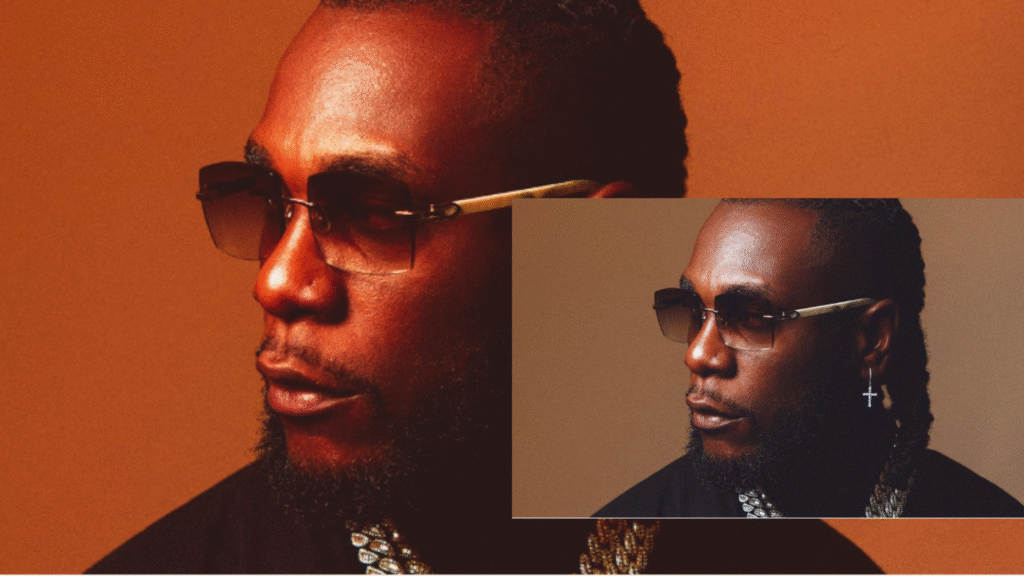
It’s remarkable how an artist with roots deeply connected to Nigerian life and street narratives can become a global phenomenon. Burna Boy hasn’t “diluted his African heritage to reach his global audience”. Instead, he’s placed an “unmistakably African stamp on music drawn from all around Africa”. This includes the lyrical depth and cultural specificity often found in Burna boy Nigerian street music.
- “Burna Boy is an icon among a generation” .
- Jon Pareles of The New York Times noted that his voice “exemplifies the West African cultural virtue of coolness, poise and control” .
- Rolling Stone described him as a “Nigerian cultural giant, who has become the ambassador of Afrobeats as a global movement” .
His success shows the world the power of authentic Nigerian storytelling and diverse sounds, including those influenced by or originating from the streets. It’s a testament to the fact that music born from real experiences, like much of Burna boy Nigerian street music, can resonate universally.
“Ah, Burna Boy! When you hear his beat, you just feel Lagos inside you. E fit dey talk about enjoyment, e fit dey talk about jagaban things, but you know e go talk true about how things be for Naija. Na real sound, no be copycat. E make sense why the world like am.” (Translation: “Ah, Burna Boy! When you hear his beat, you just feel Lagos inside you. He might talk about enjoyment, he might talk about big man things, but you know he will talk the truth about how things are in Nigeria. It’s a real sound, not a copycat. It makes sense why the world likes him.”)
“His music just hits differently. It has that undeniable groove, but then you listen to the lyrics, even if you need to look up the Pidgin, and you feel the struggle, the pride, the whole story. It’s got that street grit mixed with pure global swagger. That’s the magic of Burna boy Nigerian street music, elevated!”
“You know what I love? He talks about important stuff. Not just party, party. Like that ‘Another Story’. That’s the kind of realness you hear in proper street talk, you know? He put that on a global stage. Mad respect.”
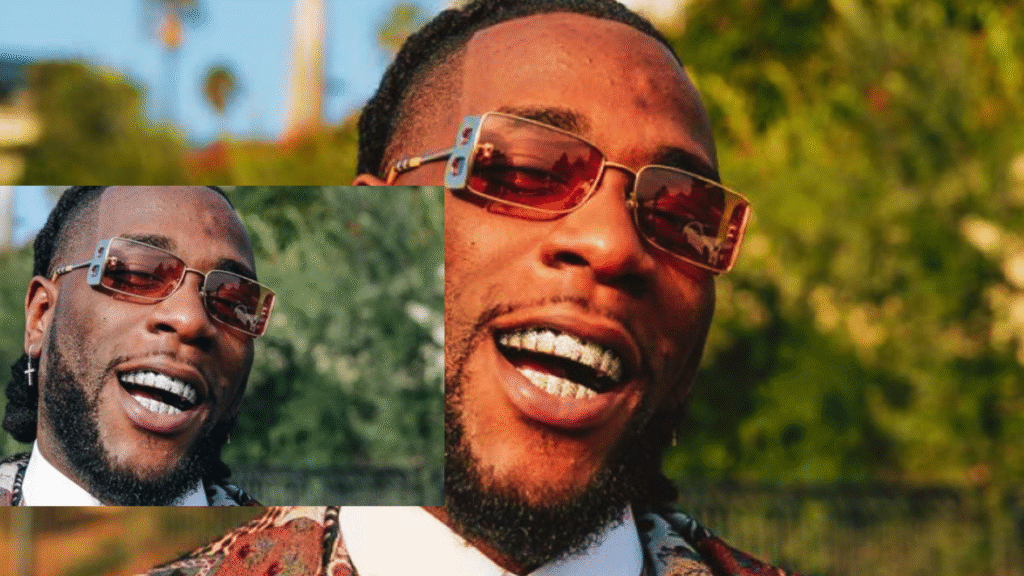
FAQs: Burna Boy, Street Music, and the Connection
Let’s clear up a few things about this fascinating connection:
Is Burna Boy strictly a “street music” artist?
Based on the sources, Burna Boy’s music is primarily described as “Afro-fusion,” blending various genres including Afrobeats, hip hop, reggae, R&B, pop, and dancehall . While he incorporates elements and themes common in street music, he is not exclusively classified as a street music artist in the provided texts.
How does Burna Boy’s music relate to Nigerian street music?
His connection lies in his use of Nigerian languages like Yoruba and Pidgin, his focus on documenting Nigerian realities and discussing social/political issues in his lyrics, his inspiration from foundational Nigerian artists like Fela Kuti, and early collaborations with artists identified with street-pop, such as Olamide. These elements align with the core characteristics and narrative focus of street music.
What is the difference between Afrobeat and Afrobeats?
Afrobeat (singular ‘a’) was pioneered by Fela Kuti and is known for its political lyrics and instrumental solos. Afrobeats (with an ‘s’) is an umbrella term for popular music from West Africa and the diaspora that developed later, in the 2000s and 2010s, in Nigeria, Ghana, and the UK. Street music is a subgenre within the broader Afrobeats soundscape.
Does Burna Boy talk about street life in his songs? Yes, the sources indicate his lyrics are often narrative-driven and document Nigerian life, including social and political issues, which aligns with the themes commonly explored in street music.
Conclusion: The Echo of the Streets in a Global Icon
Burna Boy’s journey from Lagos stages to global superstardom is a truly inspiring one. While his “Afro-fusion” sound is diverse and incorporates many influences, the undeniable link to burna boy nigerian street music lies in his authentic voice, his powerful storytelling, and his commitment to reflecting the realities of Nigerian life.
He has taken the narrative depth, the linguistic flavour, and the cultural resonance that define sounds emerging from the streets and amplified them on a global scale. He shows the world that the experiences and perspectives rooted in the Nigerian inner city are not only valid but can be the source of incredible art that moves, inspires, and connects people across continents. Burna Boy is a shining example of how the raw, vibrant energy of burna boy nigerian street music can contribute to shaping the sound of global music, proving that authenticity, born from the streets, can indeed conquer the world! Keep listening, keep dancing, and keep celebrating the incredible impact of this Nigerian giant!

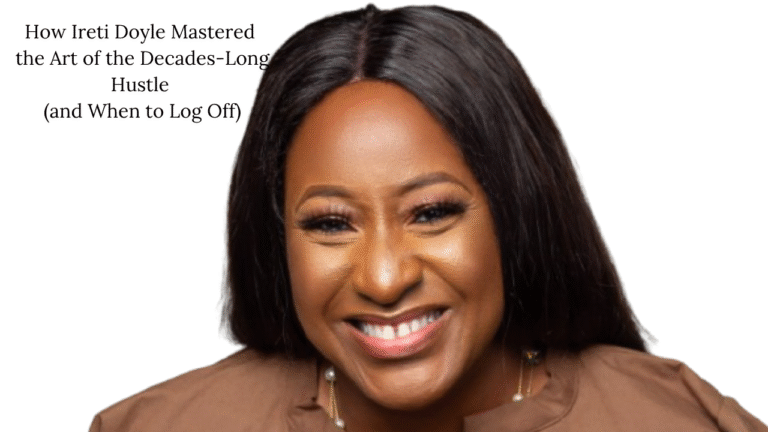
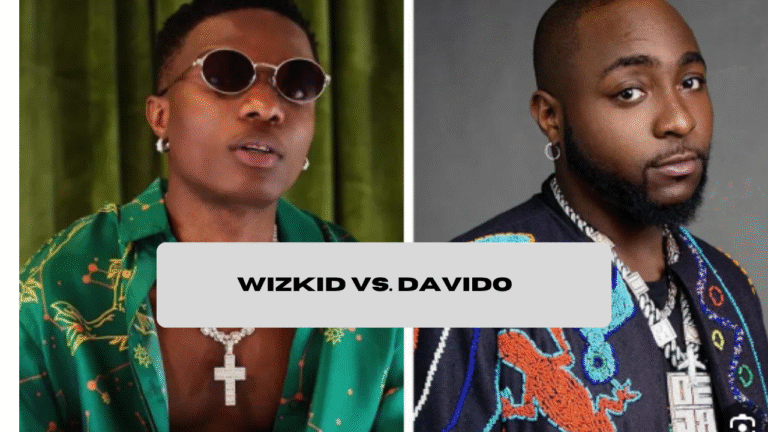
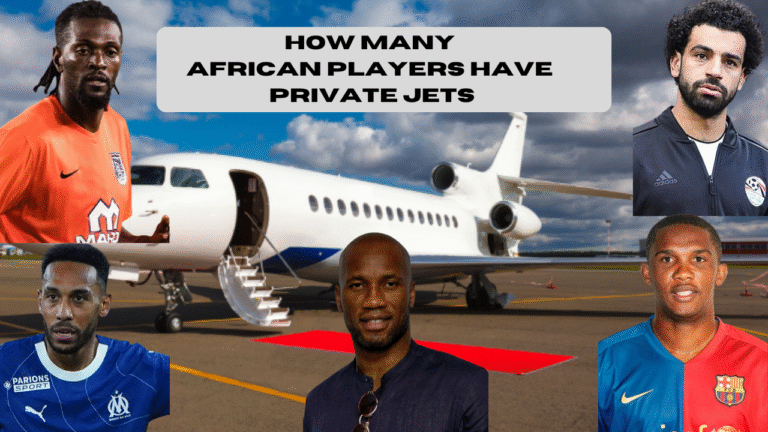
2 thoughts on “Burna Boy and the Resilient Pulse of Nigerian Street Music: A Global Superstar’s Roots!”